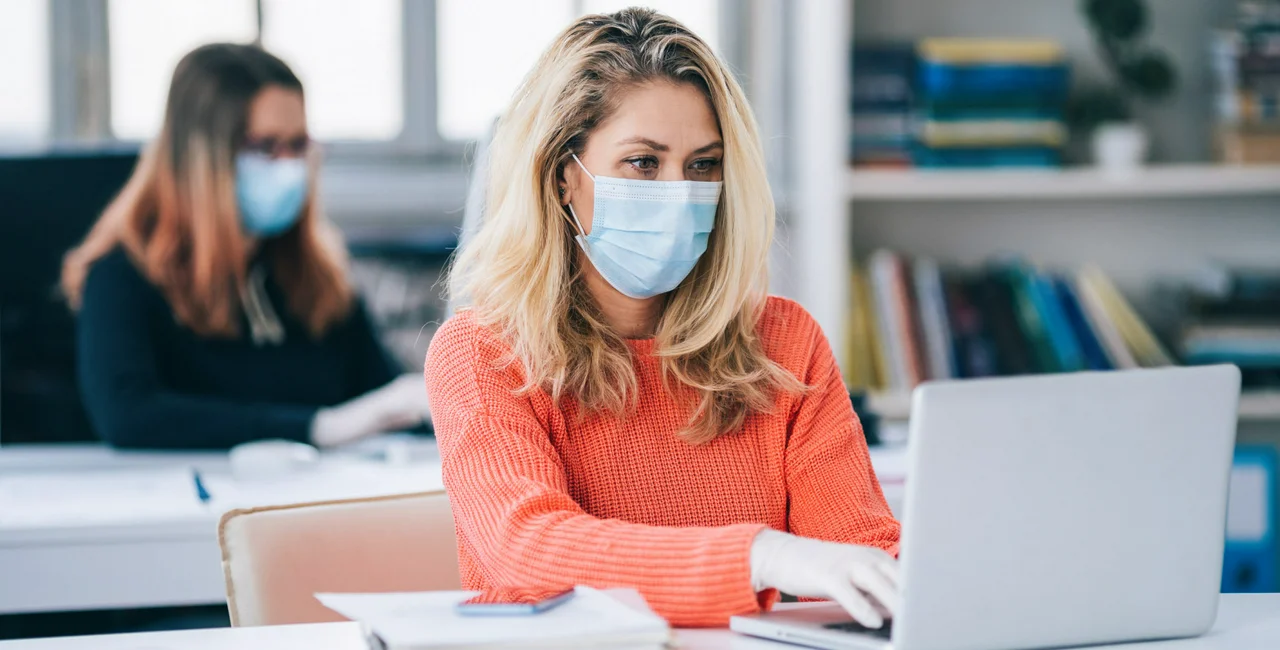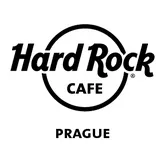As lockdowns start to ease around Europe, a return to the 9-to-5 grind is unavoidable. And perhaps one of the biggest questions at the forefront of everybody’s mind is “just how safe will my office space be then?”
Back in March, about 35% of Czech employees were working from home due to the restrictions brought on by the coronavirus, according to a poll conducted by Instant Research for the Sazka company. The numbers might have grown slightly since then, but that’s still a low number compared to other countries in Europe.
“Obviously not every job can be done from home,” says Iveta Chroustovská, Team Leader for Grafton Business Services, a provider of solutions for recruitment and talent management. “But within the business services sector, a large number of employees are working from home; these are usually office jobs and the employees are used to working remotely anyway.”
Still, as quarantine rules relax, employees will be expected to return to their offices –and companies are working to figure out how to make it happen safely.
When exactly are workers going back?
The short answer is: nobody knows. “This question is really difficult to answer because we do not know how the situation will evolve and if there will be any new restrictions in place or not,” says Chroustovská. “If the situation is stable I guess employees could start returning to the offices in mid-May, but they’ll have to follow some rules — keeping a maximum number of people in the office, wearing face masks.”
With no clear guidelines from the government, when to reopen is up to each company. Some might reopen once the state of emergency ends on May 17, while others might wait till May 25, the last step of the reopening plan. By May 25, restaurants, movie theaters, and hotels will be opening their doors, and cultural and sports events with up to 100 people will be allowed to run. It makes sense to think smaller offices will be ready to open by then as well, with larger companies perhaps waiting a little longer to unlock their doors.
Social distancing in the office
Of all the things that are tricky to implement, this one stands at the top. How do you bring 100 plus employees back to the same office but keep them away from each other? As employees return to work, it makes sense that larger offices will need to set up some sort of rotation or shift schedule to minimize exposure. Many companies that couldn’t completely switch to home office work – such as banks and insurance companies — have been operating on a rotating basis since earlier in the year: half the staff works from home one week, then the other half does the following week.
To comply with the two-meter social distancing rule, companies will also have to push desks away from each other or create physical barriers (such as cubicle walls or rolling whiteboards). They will also have to set appropriate distances among tables in the cafeteria area, plus potentially cancel large meetings that would require several people to sit next to each other around a large table.
Other measures in place
As the Czech government hasn’t issued any specific safety rules for workspaces yet, companies are also implementing their own.
“There are some general rules and also some recommendations that companies should follow – e.g. wearing face masks, limited social contact, strict hygienic measures,” according to Chroustovská. But so far companies have been left to figure out what to do with them and how to make them work.
Coworking spaces like WeWork and Impact Hub Praha are introducing their own measures to protect those spending time at their offices. In addition to increased cleaning, the offices are adding things like disinfectant soap dispensers and visual reminders to maintain social distance, as well as limiting the capacity of the lounges and meeting rooms.
Companies could implement similar measures, including possibly copying schools in their use of masks. Since sitting at a desk for eight hours with your face covered isn’t exactly comfortable, this might lead to additional measures, including extra breaks or mask-free areas for employees who need a few minutes of cooler air.
As for keeping sick employees away, some companies are already implementing active health monitoring. Temperature monitoring using special scanners that can measure temperature remotely (without skin contact) is perhaps the easiest and less invasive way to protect all employees and might become standard in many workplaces.
Virtual everything
Despite the restrictions and the push towards working from home, many companies are still actively hiring right now. “Most companies within the business services sector are still hiring new employees,” says Chroustovská. “Interviews are conducted online via different applications such as Skype, Webex, or MicrosoftTeams, and the onboarding process is partially on-site and partial online as well, depending on the company.”
The push towards a more virtual workplace doesn’t end there. A survey conducted by Gartner CFO, a leading research and advisory company that operates in over 100 countries, showed that “nearly three in four CFOs plan to shift at least 5% of previously on-site employees to permanently remote positions post COVID-19.” While it’s hard to say how well the Czech Republic will follow suit on those numbers, remote work is here to stay, in one way or another.












 Reading time: 4 minutes
Reading time: 4 minutes 


























